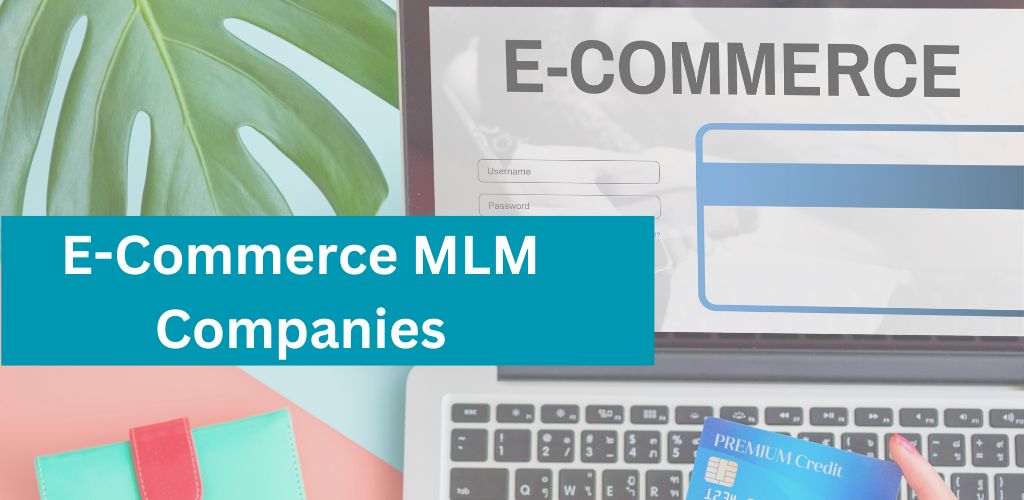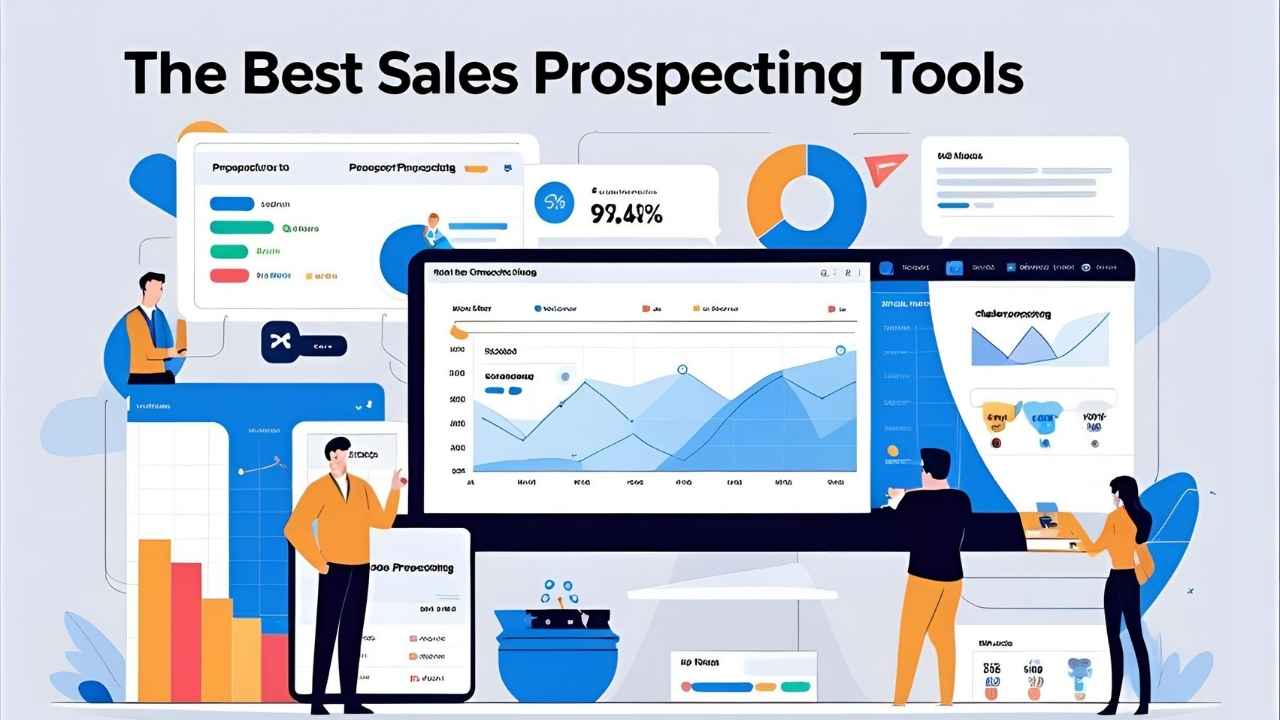Want to invest in a top MLM company in 2024? Multi-Level Marketing (MLM) has been a significant business model in India, offering individuals opportunities to build their own businesses and earn income through product sales and team building. With its promise of financial freedom and flexibility, MLM has attracted millions of entrepreneurs across the country. Are you curious about earning let’s start.
Key Points
- Multi-level marketing is a standard business strategy used by some direct selling companies to sell products and services.
- Existing members are encouraged to promote and sell their offerings to other individuals and bring new people into the business.
- Participants are paid a percentage of the sales of their hires.
- Members of all levels get a command, which means that the more levels, the more money people can earn.
- The Federal Trade Commission (FTC) scrutinizes MLM schemes to ensure they are not operating as pyramid schemes, which are illegal.
The Future of E-Commerce MLM Companies in India
The future looks bright for e-commerce MLM companies in India, fueled by growing internet users and changing shopping habits. Many people, especially in rural areas, have access to smartphones and the internet, thus creating a huge market for MLM companies. The changes in online shopping, especially in the wake of the pandemic, give these companies a huge opportunity to grow by delivering a more convenient and personalized experience.
Social commerce, where social media meets e-commerce, is also on the rise. MLM companies can use social media marketing tools to promote products, engage customers, and recruit new members. As the Indian government tightens the rules, following these rules will build trust in legitimate MLM companies.
MLM companies will need to offer differentiated products, especially in the areas of health, wellness, and beauty. Let’s explore few of them-
Top 10 E-Commerce MLM Companies
1. Amway
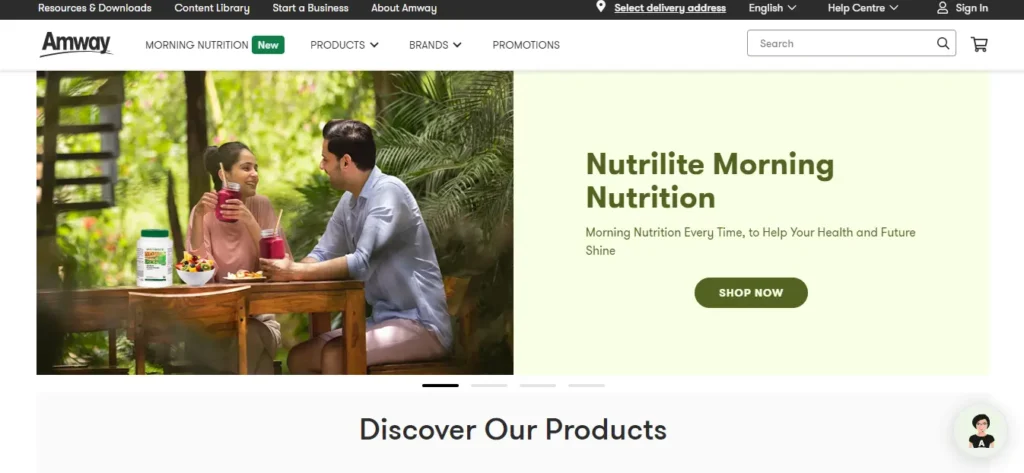
Year Founded – 1959
Founder – Jay Van Andel and Rich DeVos
Revenue – $8 billion
Amway operates in over 100 countries and territories, offering a wide range of products, including health, beauty, and home care items. Amway’s e-commerce platform is well-developed, allowing distributors to manage sales and recruitments online. The company emphasizes personal development, providing training and resources for its independent business owners (IBOs).
Amway’s compensation plan rewards members through retail margins, performance bonuses, and leadership bonuses. Despite controversies and legal challenges related to its MLM model, Amway remains one of the largest direct selling companies globally. The company’s success is attributed to its robust product line, global reach, and strong community of distributors.
2. Herbalife

Year Founded – 1980
Founder – Mark Hughes
Revenue – $4 billion
Herbalife, offers a range of products focused on weight management, sports nutrition, and personal care. Herbalife’s e-commerce platform allows distributors to sell products online and recruit new members efficiently. The company operates in over 90 countries and has a massive distributor base. Herbalife’s compensation plan includes retail profits, wholesale commissions, and various bonuses based on sales volume and team building.
It has managed to maintain its position in the market through legal settlements and regulatory compliance. Herbalife’s success is largely due to its product effectiveness and a strong community of users and distributors who believe in the brand.
3. Avon
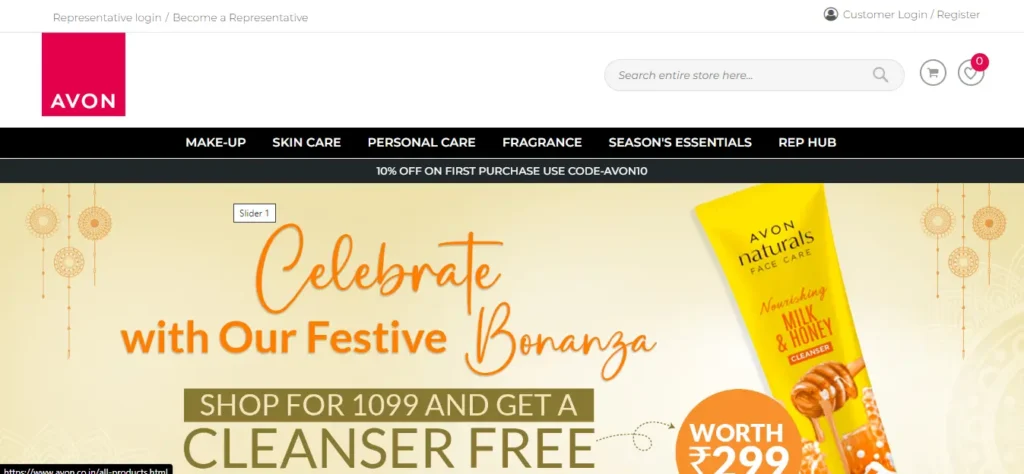
Year Founded – 1886
Founder – David H. McConnell
Revenue – $5 billion
Avon, known for its beauty, household, and personal care products. It operates in over 100 countries and has millions of representatives. Avon’s e-commerce platform allows representatives to sell products online, making it easier to reach a wider audience.
The company’s compensation plan is straightforward, offering earnings through product sales and recruiting new representatives. Avon’s success is rooted in its strong brand recognition and a diverse range of products.
Over the years, the company has faced challenges, including declining sales and competition from other beauty brands. Avon has adapted to the digital age by enhancing its online presence and offering more flexible selling options to its representatives. Avon’s commitment to social causes, particularly women’s empowerment, has also helped it maintain a loyal customer base.
4. Mary Kay
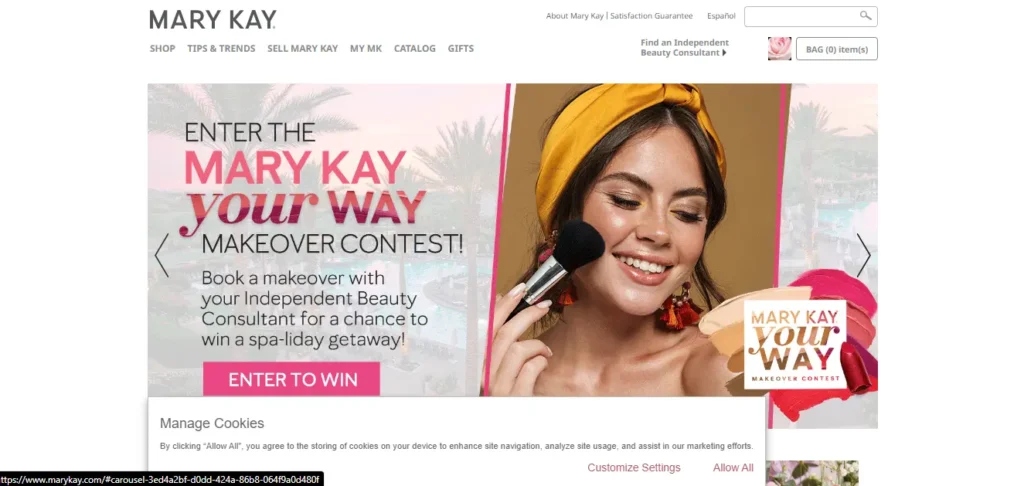
Year Founded – 1963
Founder – Mary Kay Ash
Revenue – $3 billion
Mary Kay operates in nearly 40 countries and has over 3.5 million independent beauty consultants. Mary Kay’s e-commerce platform is sophisticated, allowing consultants to manage their business online, from product sales to recruitment.
The company’s product line includes skincare, cosmetics, and fragrances, all backed by a satisfaction guarantee. Mary Kay’s compensation plan is known for its generous incentives, including commissions, bonuses, and luxury rewards like cars and trips.
The company’s success is attributed to its strong community of consultants, high-quality products, and the empowering philosophy of Mary Kay Ash, who emphasized the importance of women’s financial independence.
The company also engages in philanthropic activities, focusing on cancer research and ending domestic violence, further strengthening its brand reputation.
5. Young Living
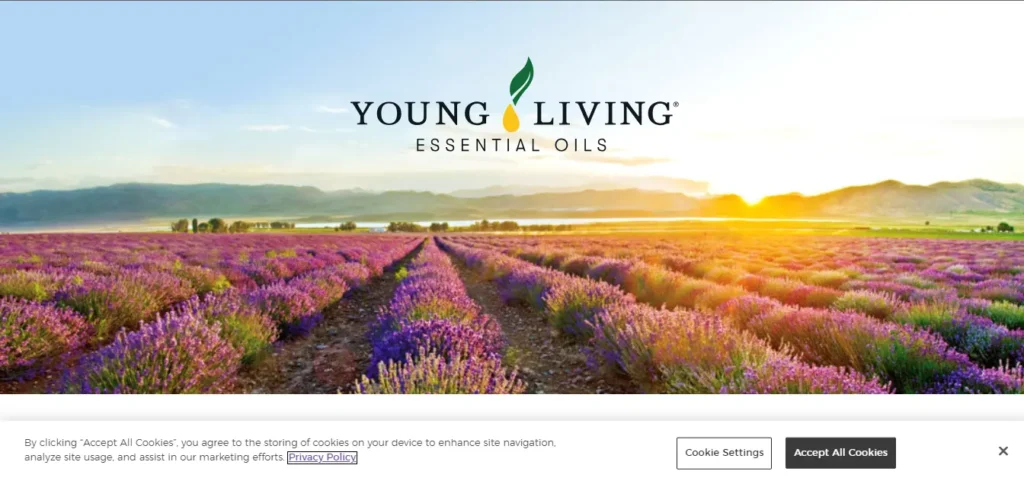
Year Founded – 1993
Founder – Gary Young
Revenue – $1.5 billion
Young Living, e-commerce platform is well-developed, allowing distributors to sell products and recruit new members online. Young Living’s product line includes essential oils, supplements, personal care items, and home cleaning products, all made with natural ingredients.
The company’s compensation plan offers various ways to earn, including retail sales, wholesale commissions, and performance bonuses. Young Living has a strong focus on sustainability and quality, with its Seed to Seal promise ensuring the purity and potency of its products.
Despite facing challenges, including lawsuits and controversies over product claims, Young Living has maintained a loyal customer base due to the effectiveness of its products and its commitment to holistic wellness.
6. Nu Skin
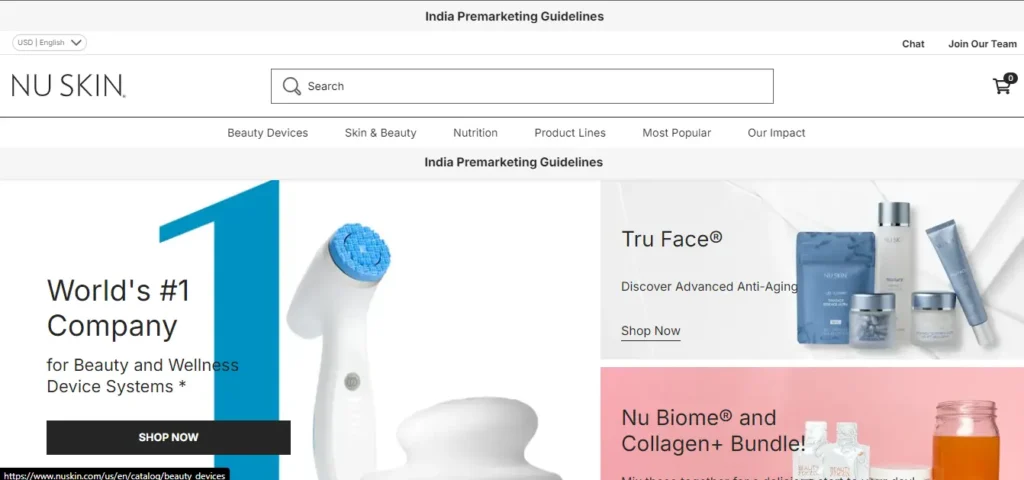
Year Founded – 1984
Founder – Steven J. Lund
Revenue – $2 billion
Nu Skin, specialized in personal care products and dietary supplements. It operates in nearly 50 markets worldwide, with a strong online presence that supports e-commerce sales. Nu Skin’s product range includes skincare, anti-aging products, and nutritional supplements, all developed through extensive research and innovation.
The company’s compensation plan is designed to reward both retail sales and the recruitment of new distributors, offering bonuses, incentives, and leadership rewards. Nu Skin’s success is driven by its commitment to science and innovation, with a dedicated research and development team that ensures the efficacy of its products.
Nu Skin has also been recognized for its corporate social responsibility initiatives, including its Force for Good Foundation, which focuses on improving the lives of children around the world. The company’s reputation, however, has been marred by regulatory scrutiny and legal challenges related to its business practices.
7. Oriflame
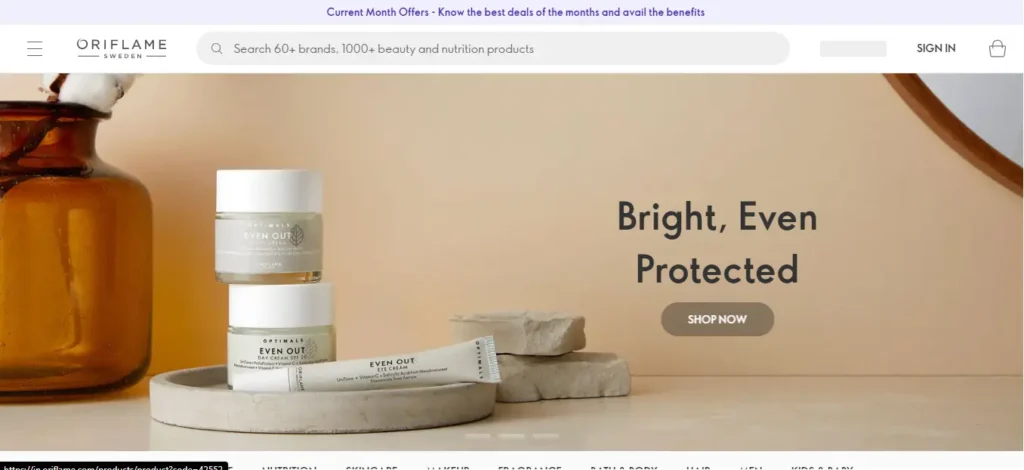
Year Founded – 1967
Founder – Jonas af Jochnick
Revenue – $1.3 billion
Oriflame, offers a wide range of products, including skincare, cosmetics, fragrances, and nutritional supplements. Oriflame’s e-commerce platform enables its consultants to sell products online and manage their businesses digitally.
The company operates in over 60 countries, with a strong presence in Europe, Asia, and Latin America. Oriflame’s compensation plan includes earnings from retail sales, commissions on team sales, and various bonuses. The company’s success is attributed to its high-quality products, ethical business practices, and a strong community of consultants.
Oriflame places a strong emphasis on sustainability and social responsibility, with initiatives focused on environmental protection and women’s empowerment. Oriflame’s commitment to natural ingredients and cruelty-free products has helped it build a loyal customer base, particularly among environmentally conscious consumers.
8. Forever Living Products
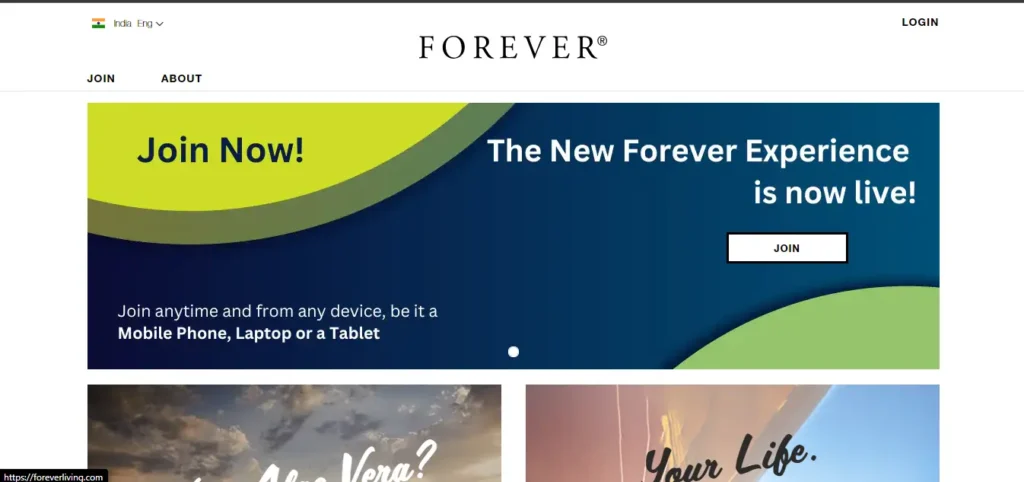
Year Founded – 1978
Founder – Rex Maughan
Revenue – $2 billion
Forever Living Products, known for its aloe vera-based health and wellness products. The company operates in over 160 countries and has millions of distributors worldwide. Forever Living’s e-commerce platform allows distributors to manage sales and recruitments online, making it easier to reach a global audience. The company’s product range includes aloe vera drinks, nutritional supplements, personal care products, and cosmetics.
Forever Living’s compensation plan offers earnings through retail sales, team bonuses, and various incentives, including trips and luxury rewards. The company’s success is rooted in its commitment to quality, with a vertically integrated supply chain that ensures the purity and potency of its products. The company’s strong community of distributors and focus on holistic wellness have helped it maintain a leading position in the industry.
9. Tupperware
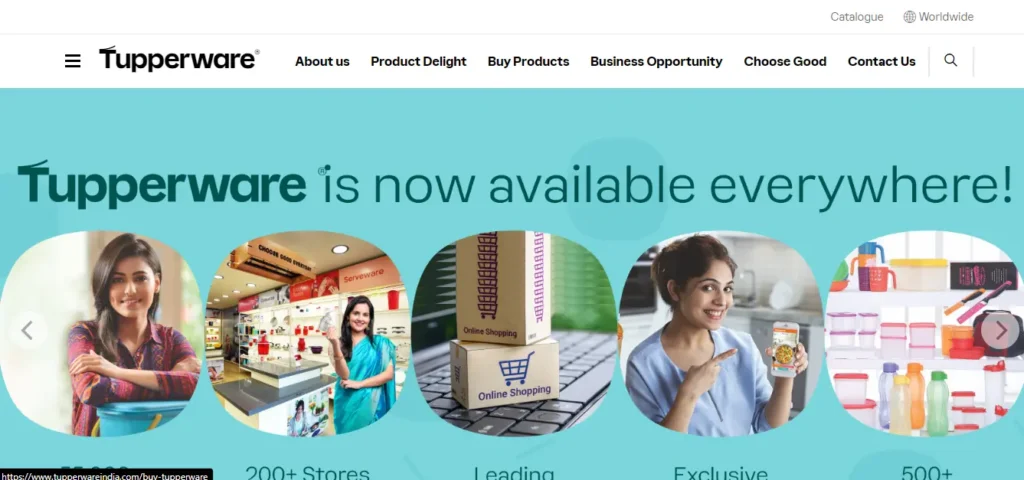
Year Founded – 1946
Founder – Earl Tupper
Revenue – $1.8 billion
Tupperware, specializing in kitchen and home products. The company operates in nearly 100 countries, with a strong presence in North and South America, Europe, and Asia. Tupperware’s e-commerce platform allows its consultants to sell products online, host virtual parties, and recruit new members. The company’s product line includes food storage containers, cookware, and kitchen tools, all known for their quality and durability.
Tupperware’s compensation plan rewards consultants through retail profits, team bonuses, and various incentives. The company’s success is attributed to its innovative products, strong brand recognition, and a loyal customer base. The company has faced challenges, including declining sales and competition from other kitchen brands, but it continues to innovate and adapt to changing market trends, particularly by expanding its digital and online sales channels.
10. Rodan + Fields
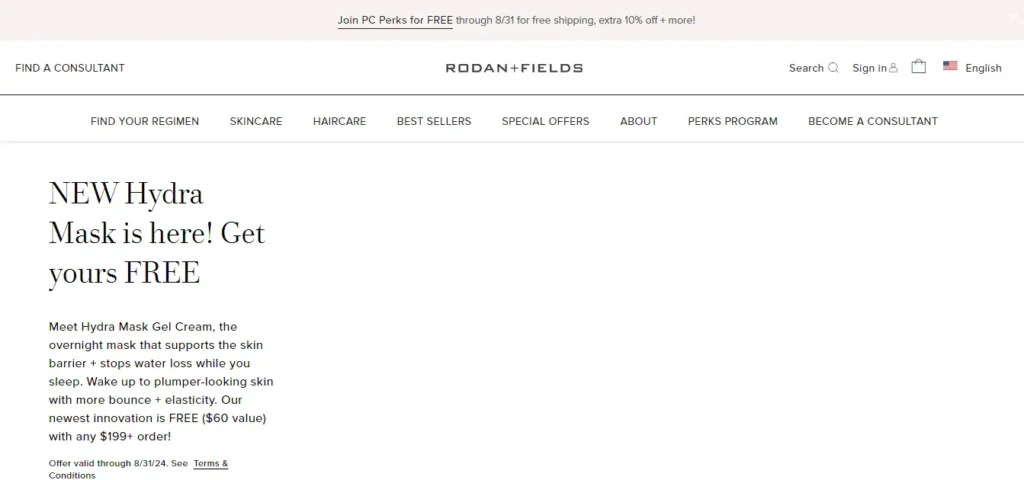
Year Founded – 2002
Founder – Dr. Katie Rodan and Dr. Kathy Fields
Revenue – $1.5 billion
Rodan + Fields known for its dermatology-inspired products, targeting issues like aging, acne, and sensitive skin. Rodan + Fields’ e-commerce platform is advanced, enabling consultants to sell products and manage their businesses online. The company’s compensation plan includes retail profits, team commissions, and various bonuses, with a strong focus on building a loyal customer base.
Rodan + Fields has gained significant recognition for its clinically proven products and the credibility of its founders. The company’s success is driven by its high-quality products, effective marketing strategies, and a strong community of consultants who are passionate about skincare. The company’s focus on innovation and customer satisfaction has helped it maintain a strong position in the competitive beauty industry
CONCLUSION
In conclusion, the top e-commerce MLM companies are redefining the direct selling landscape by utilizing digital platforms, social commerce, and advanced technologies. These companies stand out for their commitment to quality, innovative product offerings, and robust distributor networks.
By prioritizing ethical practices, customer engagement, and compliance with regulatory standards, they are not only gaining consumer trust but also setting new benchmarks in the industry. As the e-commerce landscape continues to evolve, these leaders are well-positioned to drive growth and shape the future of MLM, offering significant opportunities for both customers and entrepreneurs alike.
Also Read: best ai tools for ecommerce and dropshipping
FAQ’S
1. What kind of products do these companies sell?
Products range widely, including wellness, beauty, home care, and more. Each company typically focuses on a specific niche.
2. Can I run my E-Commerce MLM business part-time?
Yes, most MLM distributors run their businesses part-time and on a flexible schedule.
3. How do E-Commerce MLM companies work?
They provide a platform where individuals sell products online. Distributors can earn commissions not only from their sales but also from sales made by their recruits.
Read More
